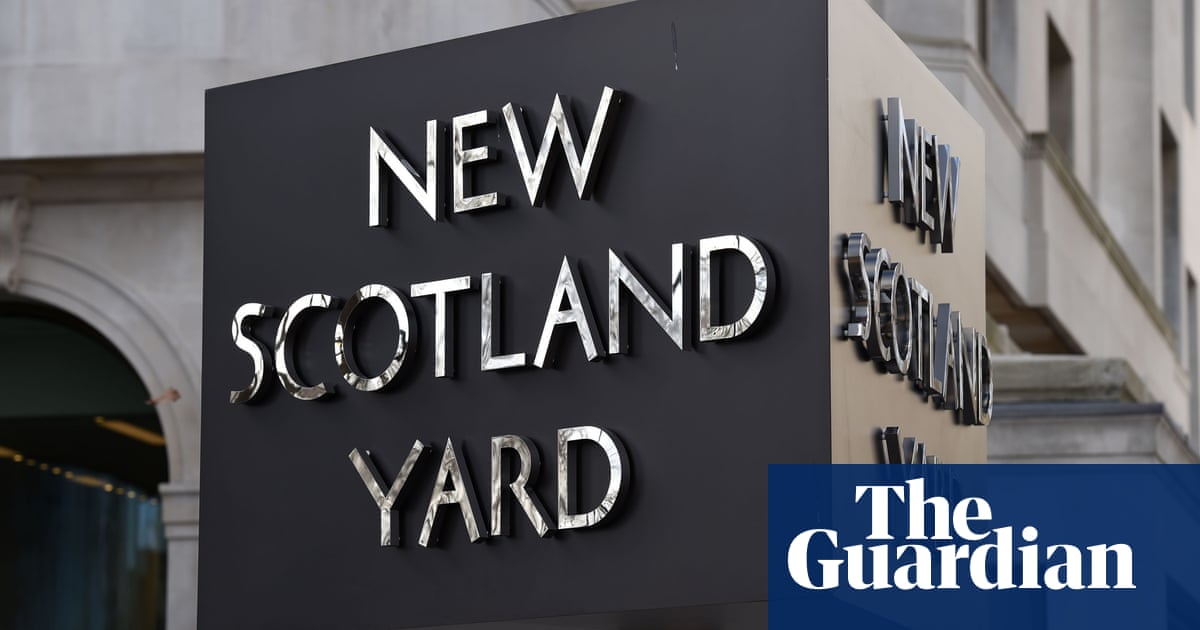
Councils do not have the legal powers to enforce a “local lockdown” across a city, town or neighbourhood to prevent clusters of coronavirus cases spreading widely into the community, local authority leaders have warned.
They called on ministers to urgently spell out what a local lockdown might mean in practical terms or risk a local outbreak spreading out of control, at a hearing of a parliamentary committee.
Greg Fell, director of public health for Sheffield, said that while councils did have the power to act to control smaller outbreaks “in a school or a workplace or a care home” by, for example ordering them to close, that did not apply for larger areas.
“If we get to a scenario whereby we need to close down Fulwood in Sheffield or close down Sheffield, I don’t think we have the powers to do that at local authority level,” Fell told MPs on the communities committee.
The senior public health director said “there maybe legal powers in the Coronavirus Act” allowing larger scale local lockdowns but by the time they had been conferred on local councils the disease would be out of control again.
“But by the time we get to needing to close down Sheffield, we will be in widespread community transmission again, so I think we may well be in national lockdown territory by that time. So I think the government actually needs to answer what does local lockdown mean.”
Last month, Matt Hancock, the health secretary said that the launch of the NHS test-and-trace system on 1 June – designed to track coronavirus cases – would allow for “local lockdowns” in an attempt to suppress outbreaks in the future.
Ministers hope that by rolling out testing across the country and tracing the contacts of those who turn out positive it will become possible to monitor the emergence of hotspots, but it is unclear if the model can work in practice.
Cllr Ian Hudspeth, the Conservative leader of Oxfordshire county council, told the MPs that he believed it would be possible to obtain the legal power to shut down an area or city from Whitehall’s Cobra emergency committee.
But by then, Hudspeth added, “that passage of time has not been assisting,” meaning that the contagious disease could easily have spread out of control. “It’d be interesting for [central] government to confirm what is meant by the local lockdown,” he added, including “clear guidance as to those powers and what is expected of us”.
Several witnesses to the committee also said they had been given no launch date for the NHS contact tracing app, which was intended to be at the heart of the system when it was announced by Hancock several weeks ago.
It has been repeatedly delayed for technical reasons, while it is tested on the Isle of Wight, and Fell told the committee that in Sheffield “we are building our plans around the app not being available to us” adding that in the past “contact tracing has been done by skilled humans, in a food poisoning outbreak, in a sexual health related outbreaks”.
Tom Riordan, chief executive of Leeds city council, who is working with the Department of Health to bring together national and local contact tracing systems, said there was “no specific date at the moment” for the launch of the app “but I think it is in the next few weeks”.
The app, he said, would be particularly useful as people returned to work in greater numbers, using public transport. “It will cover those people who you didn’t know you were near,” Riordan added.












